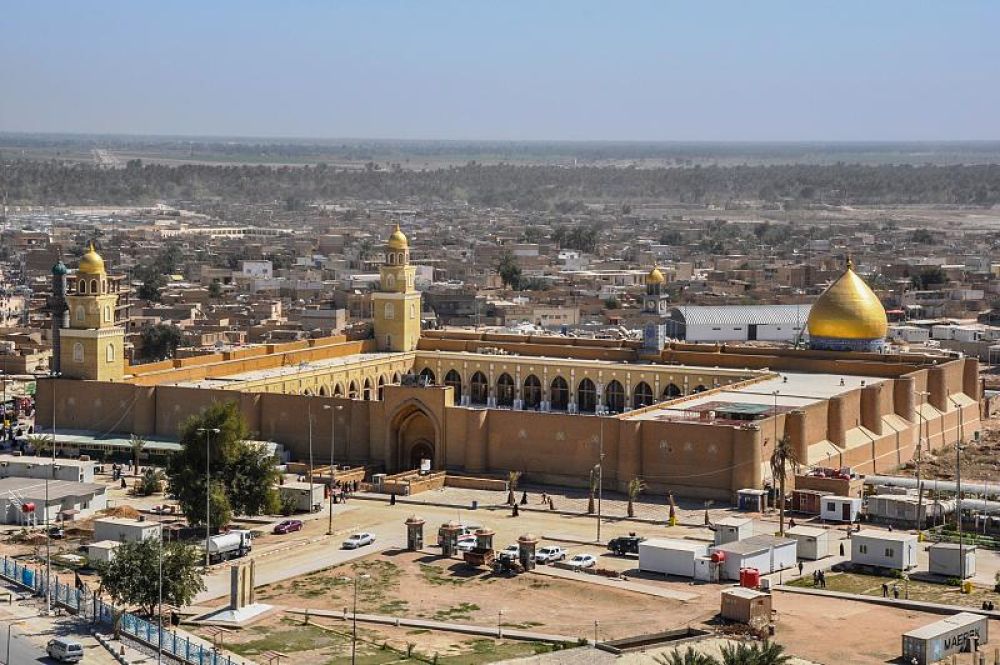

The Great Mosque of Kufa, located in the city of Kufa near Najaf, Iraq, is one of the oldest and most venerated Islamic sites in the world. Its history is deep-rooted in the Islamic narrative, holding profound significance for Muslims across the globe.
Established during the era of the Rashidun Caliphate, the mosque has been a center of Islamic learning for centuries. It was built under the leadership of Caliph Omar ibn Al-Khattab around 639 CE. Over the centuries, it was renovated and expanded by various rulers, reflecting the mosque's enduring importance through time.
The Great Mosque of Kufa is also renowned for being the site where Muslim ibn Aqil, the emissary of Imam Hussain, was captured. Additionally, it is believed by many to be the place where Imam Ali, the first Shia Imam, was fatally struck while in a state of prayer.
Tourism at the Great Mosque of Kufa has long been intertwined with pilgrimage and religious study. Historically, it has primarily attracted visitors for religious purposes, particularly followers of Shia Islam. The mosque's association with significant events in Islamic history has maintained its status as a pilgrimage site throughout the ages.
In more recent times, the mosque has seen fluctuating visitor numbers due to various factors, including regional stability and the state of the global Islamic community. Despite challenges, the mosque continues to be a beacon for those wishing to connect with their faith and the rich history of Islam.
Today, the tourism landscape of the Great Mosque of Kufa and Najaf is evolving. While it remains a pilgrimage center, there is a growing interest in the cultural and historical significance of the site from non-religious tourists as well.
Modern travelers are showing a keen interest in heritage tourism, seeking to understand the stories, architecture, and traditions that the mosque embodies. The city of Najaf, and the mosque by extension, are becoming part of a broader tourist itinerary that includes other historic sites in and around the region.
Efforts are being made to preserve and showcase the historic splendor of the Great Mosque for future generations, ensuring it remains an important and accessible landmark for visitors from all around the world.
When planning your visit to the Great Mosque of Kufa, be mindful of the cultural sensitivities and dress modestly. Non-Muslim visitors are generally welcome, but access to certain areas may be restricted. It is important to check local travel advisories and regulations to ensure a safe and respectful visit.